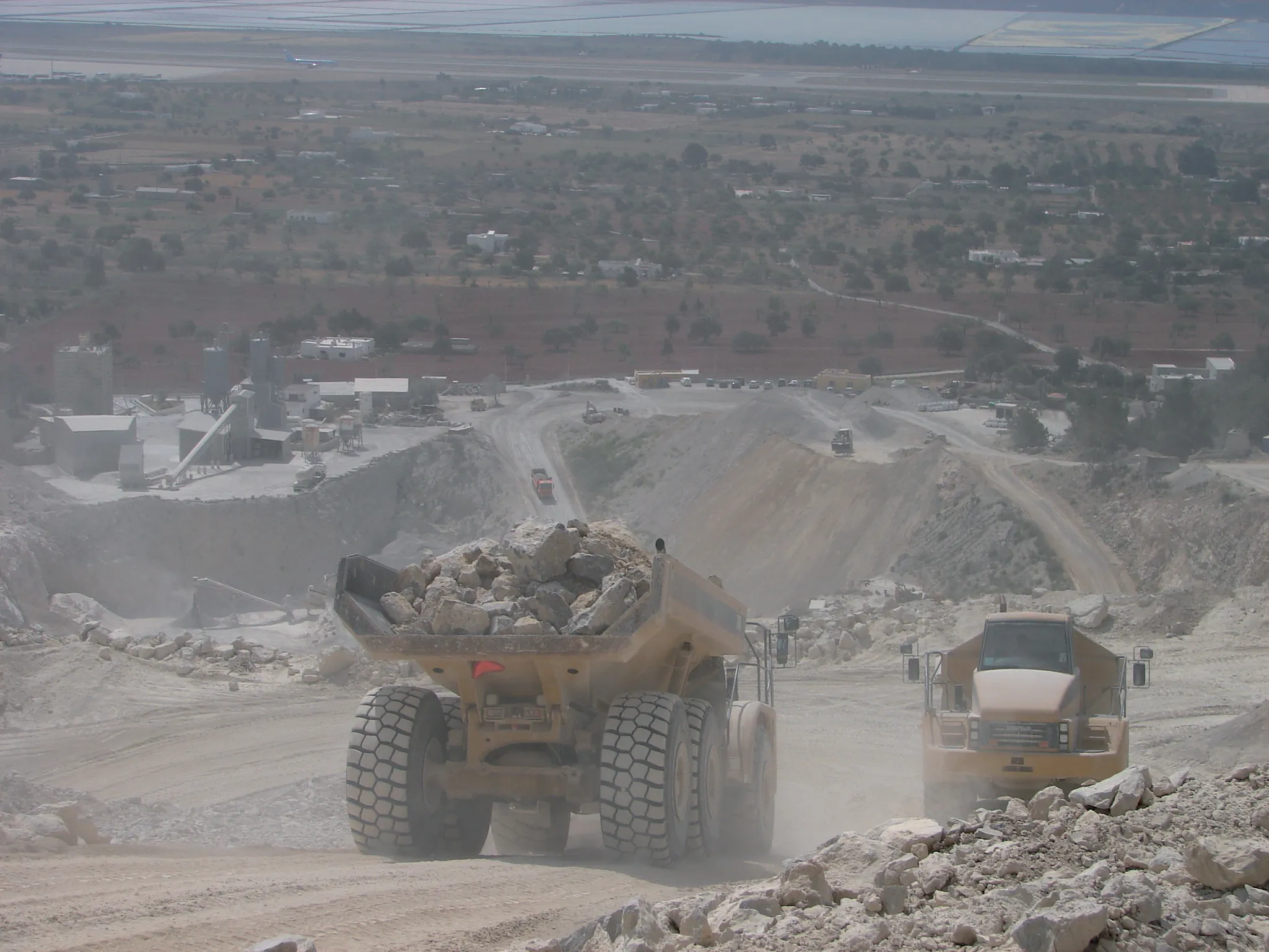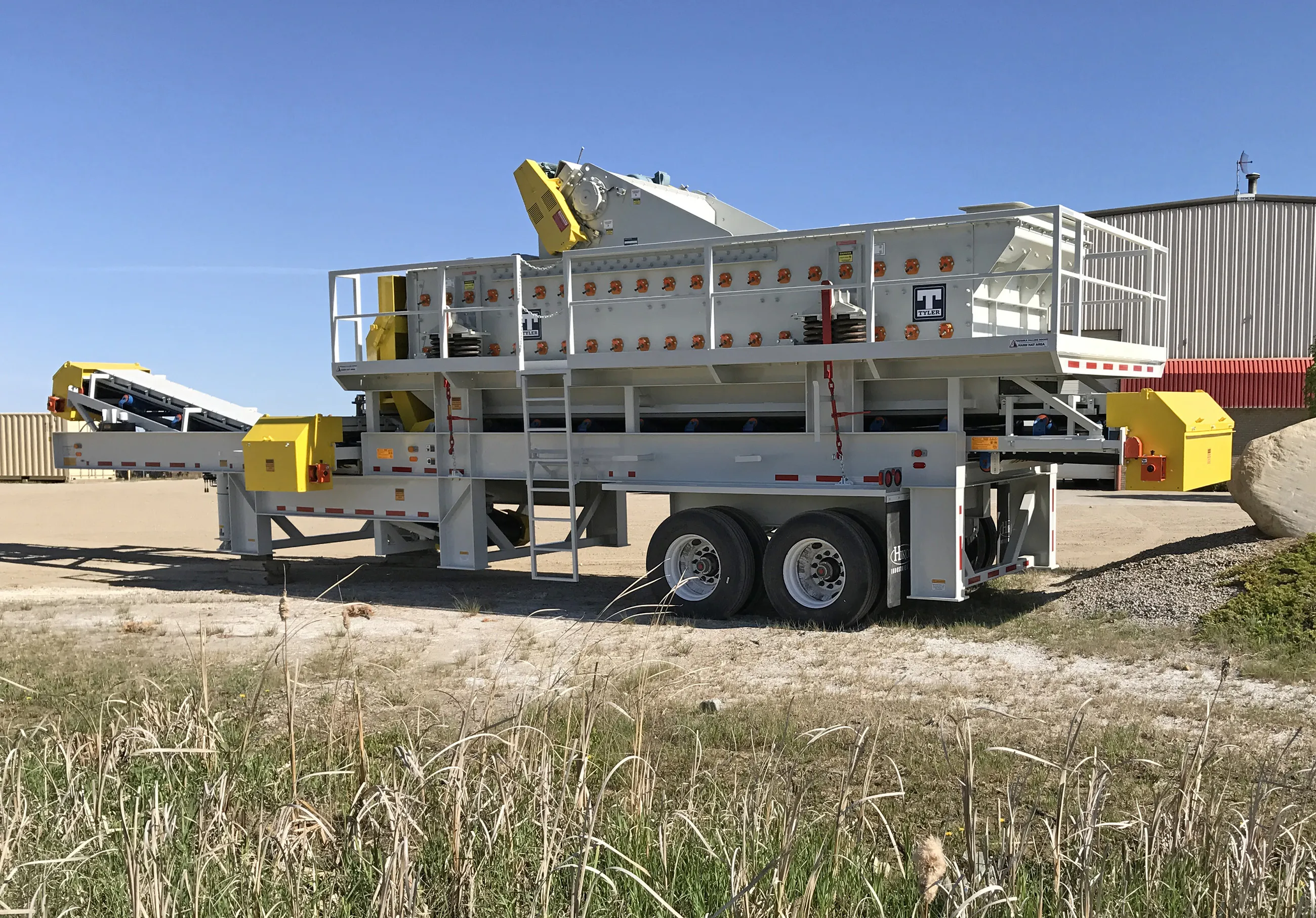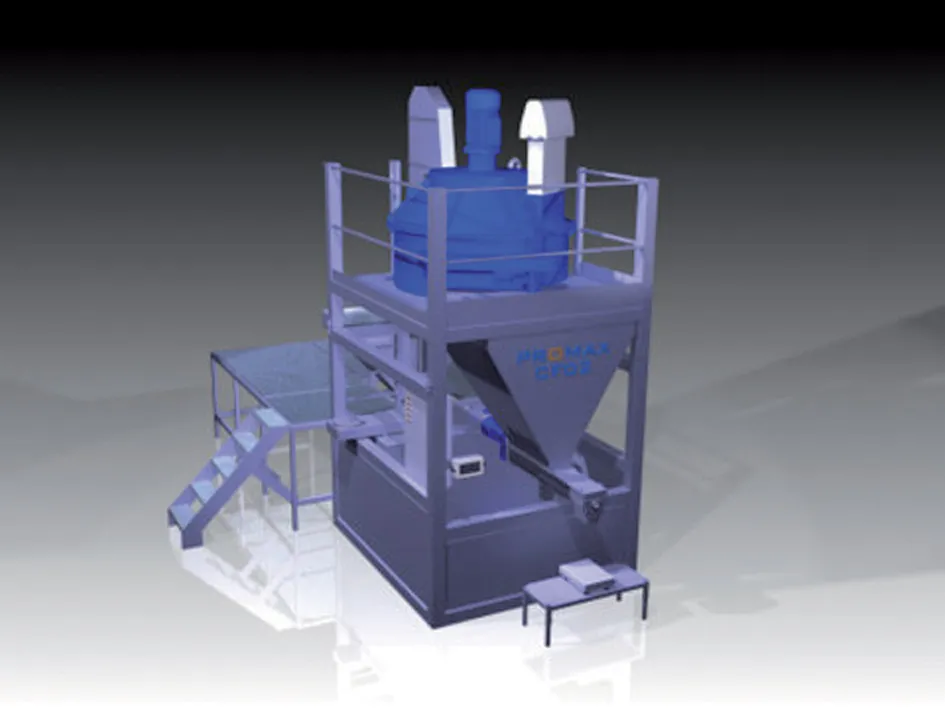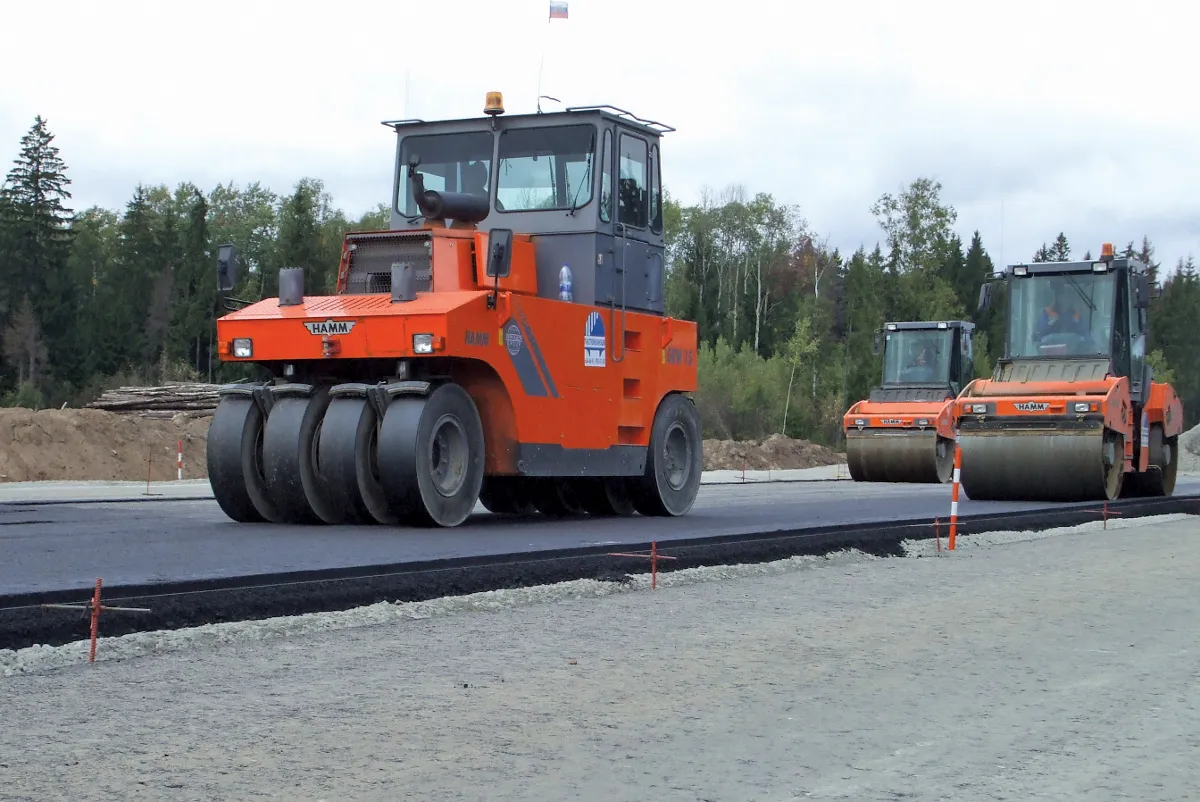The largest marble quarry in Russia is now benefiting from the first CI512 Prisec HSI crusher in the country.
The machine is working at the Koelga Quarry, the largest Russian marble quarry, and one of the world’s largest. Supplied by Sandvik’s Russian distributor, Quarry Service, the CI512 Prisec operates 24 hours/day and the machine has improved the cubicity of the end product and boosted productivity by up to 50%, while decreasing noise emissions.
Koelga Marble is Russia’s market leader in the prod
May 5, 2015
Read time: 2 mins
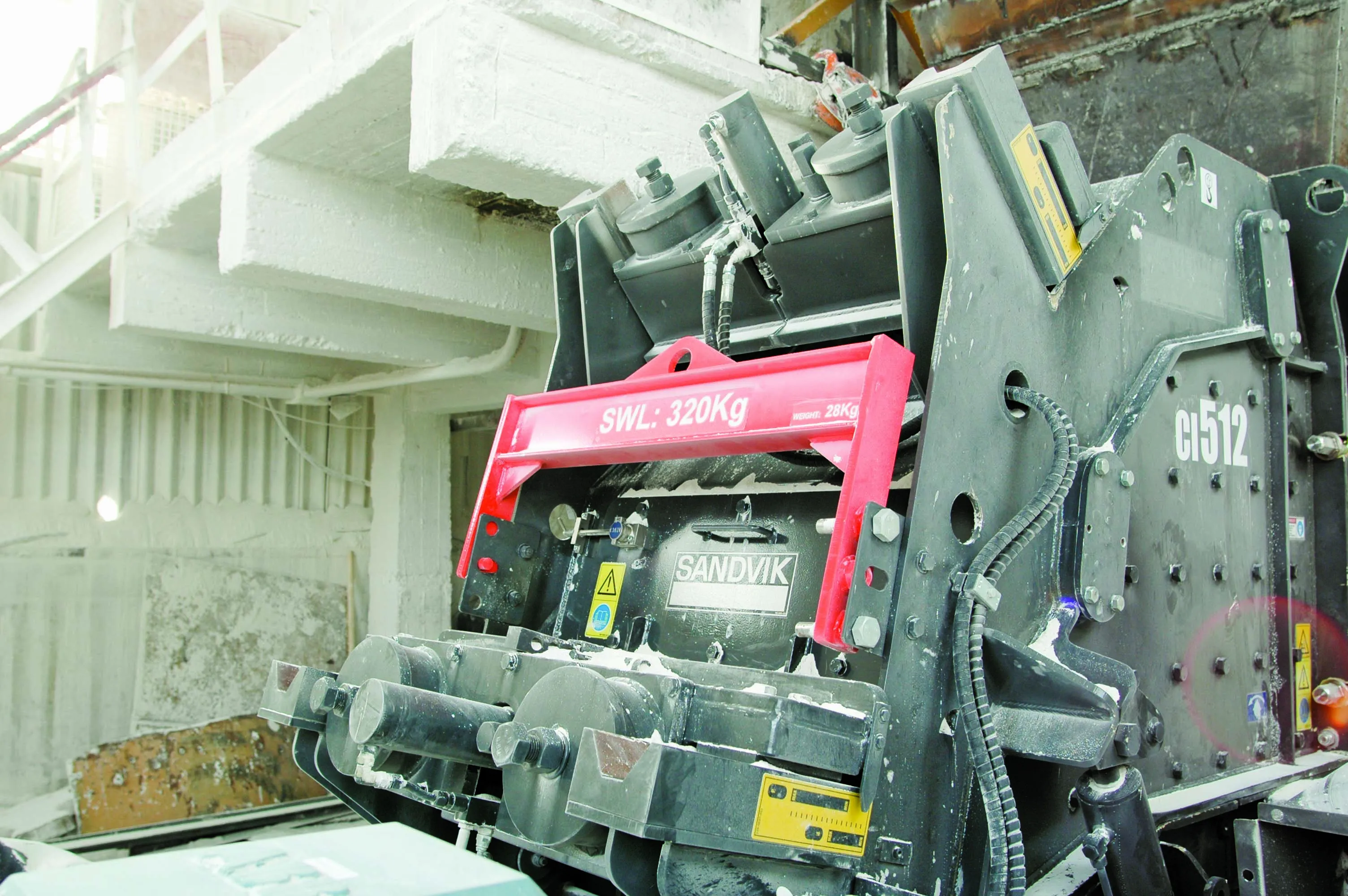
The largest marble quarry in Russia is now benefiting from the first CI512 Prisec HSI crusher in the country.
The machine is working at the Koelga Quarry, the largest Russian marble quarry, and one of the world’s largest. Supplied by325 Sandvik’s Russian distributor, Quarry Service, the CI512 Prisec operates 24 hours/day and the machine has improved the cubicity of the end product and boosted productivity by up to 50%, while decreasing noise emissions.
Koelga Marble is Russia’s market leader in the production of micro-powders, producing, and selling, 40,000tonnes of this material/month, as well as 25,000tonnes/ month of various rubble fractions.
Since acquiring the CI512, the machine has been in almost continuous operation 24 hours/day. Scheduled and proactive service stops have meant that productivity has been increased, and operational efficiency maximised. At the same time the productivity of the production process has increased by 40-50%.
This machine is said to ensure greater reduction ratios than previously obtainable. It benefits from an infinite hydraulic curtain adjustment combined with a brake positioning system which relieves pressure, and setting, when uncrushable objects enter the crusher.
Crusher blockages have previously been a problem at Koelga Marble, especially when operating in a primary mode. Removal of the blockage, with the combined downtime and health and safety risks encountered, are now eliminated with the new generation crusher.
The machine is working at the Koelga Quarry, the largest Russian marble quarry, and one of the world’s largest. Supplied by
Koelga Marble is Russia’s market leader in the production of micro-powders, producing, and selling, 40,000tonnes of this material/month, as well as 25,000tonnes/ month of various rubble fractions.
Since acquiring the CI512, the machine has been in almost continuous operation 24 hours/day. Scheduled and proactive service stops have meant that productivity has been increased, and operational efficiency maximised. At the same time the productivity of the production process has increased by 40-50%.
This machine is said to ensure greater reduction ratios than previously obtainable. It benefits from an infinite hydraulic curtain adjustment combined with a brake positioning system which relieves pressure, and setting, when uncrushable objects enter the crusher.
Crusher blockages have previously been a problem at Koelga Marble, especially when operating in a primary mode. Removal of the blockage, with the combined downtime and health and safety risks encountered, are now eliminated with the new generation crusher.


